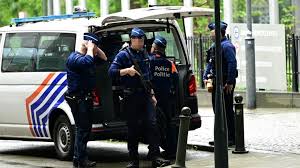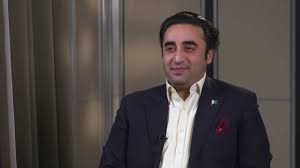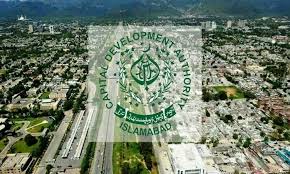EU parliament offices raided in Russia meddling probe

Brussels: Investigators on Wednesday raided the home and offices of an EU parliamentary staffer as Belgium probes claims that Russia paid far-right lawmakers — including Germany’s embattled Maximilian Krah — to spread Kremlin propaganda.
The searches in Brussels and in Strasbourg, eastern France, were the latest step in a snowballing set of investigations into the meddling claims, which have sparked jitters ahead of EU-wide elections for the bloc’s parliament on June 6-9.
A source close to the inquiry said the target was Guillaume Pradoura, a former assistant to Krah of the far-right Alternative for Germany (AfD) party, who is himself being investigated for suspected ties to both Russia and China.
The Belgian state prosecutor’s office said searches were being conducted at a staffer’s home in Schaerbeek, northeast Brussels, and at his offices in EU parliamentary buildings in both Brussels and Strasbourg, with cooperation from French authorities.
In a statement, it said the “searches are part of a case of interference, passive corruption and membership of a criminal organisation”.
It “relates to indications of Russian interference, whereby members of the European Parliament were approached and paid to promote Russian propaganda via the Voice of Europe ‘news website’,” the prosecutor’s office said.
“There are indications that the European Parliament employee concerned played a significant role in this,” it added.
A spokesperson for Krah said the staffer involved had not been on the lawmaker’s team for “two years”.
“We assume that we are not affected,” the spokesperson added.
According to the source close to the Belgian investigation, the probe is more focused on the staffer’s former employer than his present one.
Pradoura, who was expelled from France’s National Rally five years ago over an anti-Semitic photograph, now works for the Dutch far-right lawmaker Marcel de Graaff.
Belgian prosecutors opened an inquiry last month into the allegations of Russian interference at the EU Parliament after Czech intelligence exposed an alleged network using EU lawmakers to spread Kremlin propaganda.
Belgian Prime Minister Alexander De Croo said at the time that Moscow’s “clear” objectives were to “help elect more pro-Russian candidates to the European Parliament and reinforce the pro-Russian narrative in that institution”.
Voice of Europe, the outlet at the heart of the claims, is allegedly bankrolled by pro-Kremlin businessman Viktor Medvedchuk. It has since been banned under EU sanctions.
EU lawmakers face strict rules regarding independence and ethics, and can face penalties — financial and otherwise — if they violate them.
Belgium says its own intelligence services have determined that some lawmakers were paid to promote Moscow’s propaganda.
Krah, Pradoura’s former boss, was among the figures named in initial reports about the alleged propaganda network. He has denied being paid for his appearances on Voice of Europe.
Krah is at the centre of an escalating series of scandals that led his AfD party to be expelled from its grouping in the EU Parliament, the far-right Identity and Democracy.
German prosecutors began investigating Krah over reports of suspicious payments from Russia and China, after another of his aides was arrested on suspicion of spying for Beijing.
Investigators searched Krah’s EU parliament premises earlier this month as part of the probe into that aide, Jian Guo.
Krah remains the AfD’s top candidate in the June European election as it is too late to remove him from the position on ballot lists.
German officials separately this month conducted raids targeting a second lawmaker accused of taking money to spread Russian propaganda — Petr Bystron, the AfD’s number two candidate in the EU elections.





